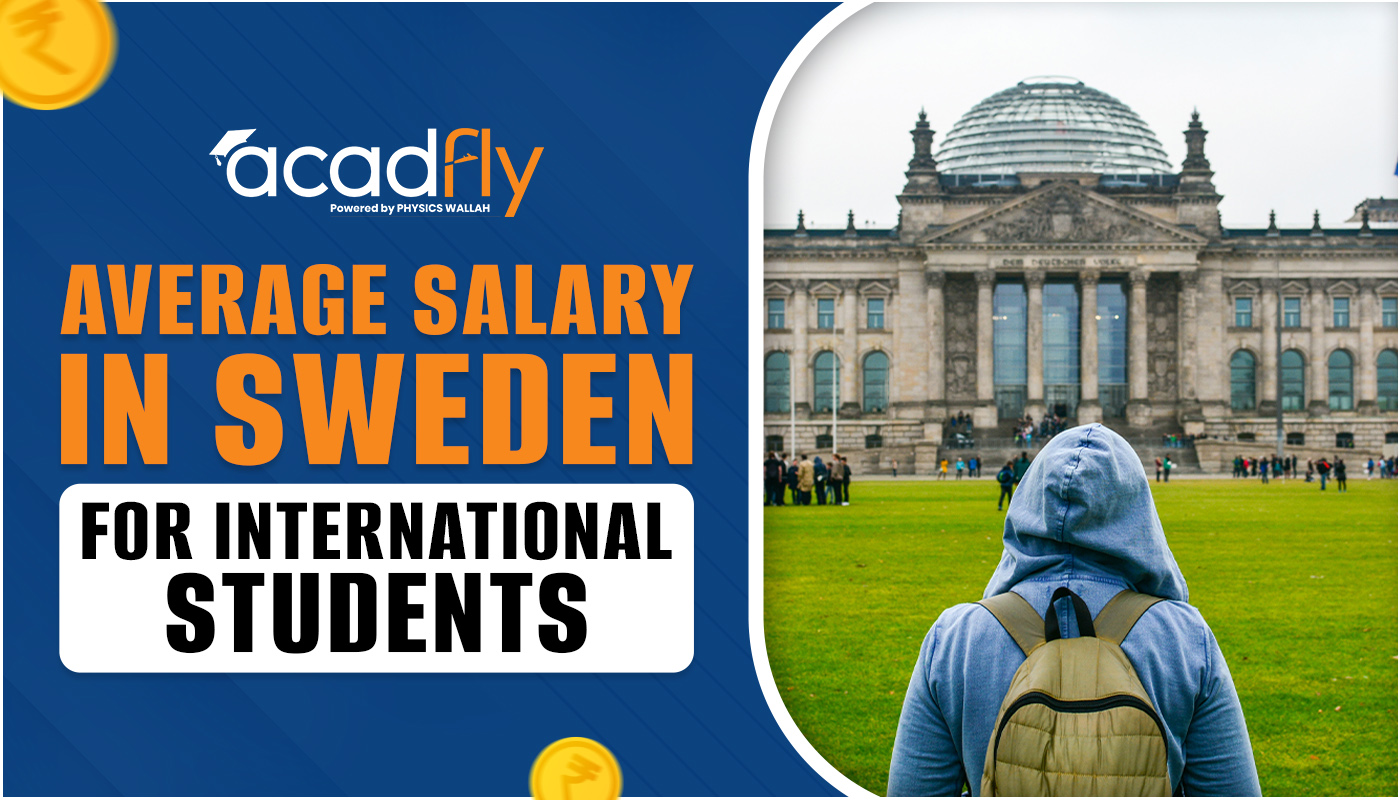
Exploring the Culture of Austria: Festivals, Traditions, and Cuisine
Austria, a landlocked country in Central Europe, boasts a rich cultural heritage that blends historical traditions with modern influences. This article explores the culture of Austria, delving into its vibrant festivals, unique traditions, and delectable cuisine. Whether you are planning to study in Austria or simply exploring the culture of Austria as a student, this guide will provide valuable insights.
What is the Culture of Austria?
The culture of Austria is a harmonious blend of its historical legacy, artistic achievements, and regional diversity. Known for its contributions to classical music, architecture, and fine arts, Austria has a deep-seated cultural identity that is celebrated through various festivals and traditions.
Festivals in Austria
Austria's festivals are a reflection of its rich cultural heritage, celebrating music, dance, folklore, and seasonal changes. Here are some of the most notable festivals:
1. Vienna Opera Ball
Overview: One of the most prestigious events in Austria, the Vienna Opera Ball is held annually at the Vienna State Opera. It is a glamorous affair attended by celebrities, politicians, and socialites from around the world.
|
Festival Name |
Location |
Time of Year |
Highlights |
|
Vienna Opera Ball |
Vienna |
February |
Classical music, ballroom dancing, high society gathering |
2. Salzburg Festival
Overview: This world-renowned festival celebrates classical music and performing arts, featuring operas, concerts, and drama performances. It takes place in the picturesque city of Salzburg, the birthplace of Mozart.
|
Festival Name |
Location |
Time of Year |
Highlights |
|
Salzburg Festival |
Salzburg |
July-August |
Operas, classical concerts, theater performances |
3. Christmas Markets
Overview: Austria is famous for its enchanting Christmas markets, which are held in various cities during the Advent season. These markets feature festive decorations, traditional crafts, and seasonal treats.
|
Festival Name |
Location |
Time of Year |
Highlights |
|
Christmas Markets |
Vienna, Salzburg, Innsbruck |
December |
Festive stalls, handmade gifts, mulled wine, traditional foods |
4. Krampusnacht
Overview: A unique and somewhat eerie tradition, Krampusnacht is celebrated on December 5th. It involves parades of people dressed as Krampus, a mythical creature that punishes misbehaving children, creating a contrast to the benevolent St. Nicholas.
|
Festival Name |
Location |
Time of Year |
Highlights |
|
Krampusnacht |
Throughout Austria |
December 5 |
Krampus parades, traditional costumes, folklore celebrations |
Traditions in Austria
Austrian traditions are deeply rooted in its history and often revolve around family, religion, and the natural seasons. Here are some key traditions:
1. Viennese Coffee House Culture
Overview: The Viennese coffee house is an integral part of Austria's social fabric. These coffee houses are places for relaxation, intellectual discussions, and enjoying a variety of coffee and pastries.
2. Alpine Farming and Transhumance
Overview: In rural Austria, traditional farming practices such as transhumance (seasonal movement of livestock) are still observed. This practice is celebrated with festivals where cattle are adorned with flowers and bells.
3. Fasching (Carnival)
Overview: Fasching is the Austrian version of Carnival, celebrated with parades, costumes, and parties before Lent. It is a time of joy and merriment, with various regional variations.
4. Easter and Christmas Celebrations
Overview: Religious festivals like Easter and Christmas are celebrated with great fervor in Austria. Easter markets, egg decorating, and special church services are common during Easter, while Christmas involves festive decorations, nativity scenes, and family gatherings.
Cuisine of Austria
Austrian cuisine is a delightful fusion of Central European flavors, characterized by hearty dishes, delicious pastries, and fine wines. Here are some iconic Austrian foods:
|
Dish Name |
Description |
|
Wiener Schnitzel |
A breaded and fried veal or pork cutlet, often served with potatoes and salad |
|
Apfelstrudel |
A traditional apple strudel with a flaky pastry and spiced apple filling |
|
Sachertorte |
A rich chocolate cake with apricot jam and chocolate icing, originally from Vienna |
|
Tafelspitz |
Boiled beef served with horseradish, applesauce, and chive sauce |
|
Kaiserschmarrn |
A fluffy, shredded pancake often served with fruit compote |
Exploring the Culture of Austria as a Student
Studying in Austria provides a unique opportunity to immerse yourself in its rich cultural heritage. Here are some tips for international students:
1. Engage in Cultural Activities
Participate in local festivals, visit museums, and attend classical music concerts to experience Austrian culture firsthand.
2. Learn the Language
While many Austrians speak English, learning German will enhance your experience and help you connect with locals.
3. Explore the Countryside
Austria's natural beauty is breathtaking. Take time to explore the Alps, visit rural villages, and enjoy outdoor activities like hiking and skiing.
4. Embrace Local Traditions
Get involved in traditional activities such as Fasching, Christmas markets, and Viennese coffee house culture to deepen your cultural understanding.
5. Network with Local and International Students
Building relationships with both local and international peers will enrich your study experience and provide diverse cultural perspectives.
Conclusion
The culture of Austria is a captivating blend of historical traditions, vibrant festivals, and mouth-watering cuisine. Whether you're studying in Austria or exploring its culture as a student, there are countless opportunities to immerse yourself in the country's rich heritage. From attending world-renowned festivals to savoring traditional dishes, Austria offers a unique and enriching cultural experience.
Frequently Asked Questions
1. What are some must-see festivals in Austria?
2. What traditional foods should I try in Austria?
3. How can I immerse myself in Austrian culture as a student?
4. What are the main traditions in Austria?
5. What is the importance of festivals in Austrian culture?










